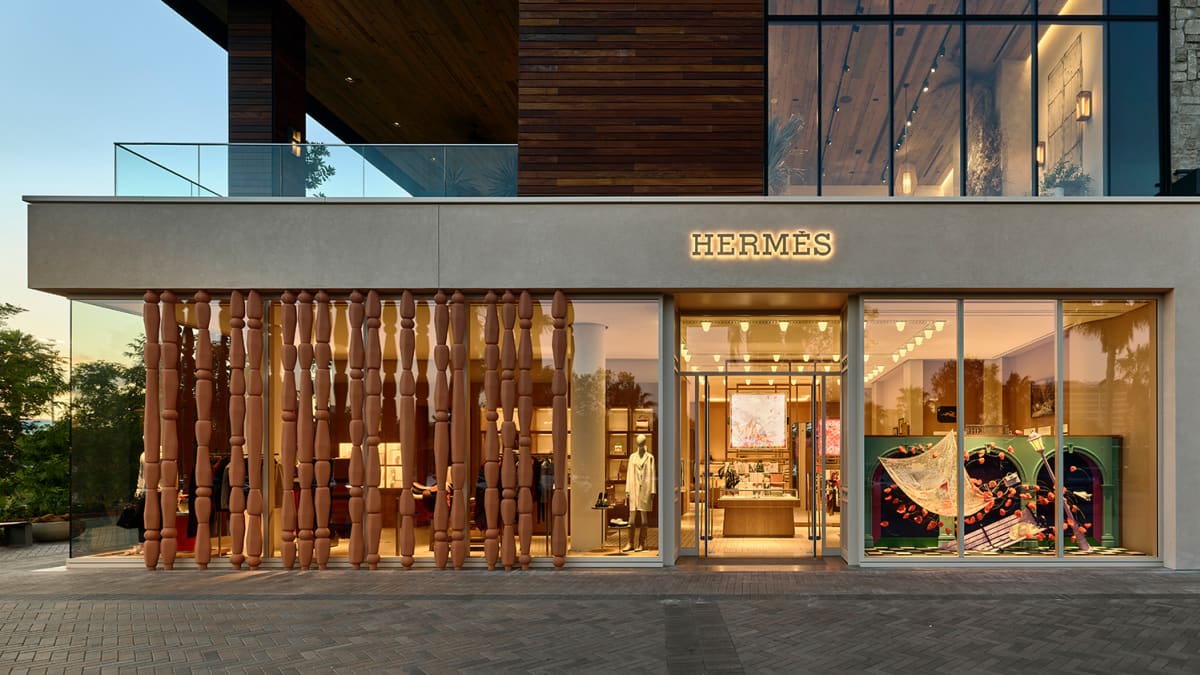Paris, 21 March 2024
Estimated reading time: 3 minutes
In California, the eminent French luxury house Hermès finds itself at the center of a legal controversy that could redefine business practices in the luxury industry.
Two customers, Tina Cavalleri and Mark Glinoga, have filed a lawsuit against the brand, accusing them of sales practices that raise questions about fairness and competition.
The plaintiffs argue that to gain the opportunity to purchase the highly coveted Birkin bag, they were encouraged to spend substantially on other products from the brand – shoes, scarves, jewelry, and more.
According to them, this sales strategy created by Hermès establishes a “sufficient purchase history” as a criterion for eligibility to acquire the famous bag, a tactic they deem unfair and potentially in conflict with US antitrust laws.
Mrs. Cavalleri’s situation perfectly illustrates their argument.
After investing significant sums with Hermès, she was able to purchase a Birkin bag.
However, when she wanted to repeat the experience, the house’s response was that she needed to prove her loyalty through additional purchases.
A similar requirement was encountered by Mr. Glinoga, who was told that acquiring the coveted bag necessitated additional purchases of Hermès items.
The complaint goes further in detailing financial incentives for the brand’s employees: a 3% commission on accessory sales.
This detail underscores the possible motivation behind maintaining this incentive sales system.
Hermès’ Birkin, launched in 1984 and named in honor of Jane Birkin, is more than just a leather item; it has become a symbol of exclusivity and status.
Its limited production and high price – ranging from a few thousand to several hundred thousand euros – contribute to its image as an unattainable object of desire for many.
This lawsuit, filed as a class action, means that other consumers could join the cause, paving the way for a broader debate on exclusive and selective sales practices in the luxury industry.
The plaintiffs demand that Hermès be compelled to abandon these practices and seek damages for the harm suffered.
The proceedings are still in their early stages, but they could eventually influence how luxury houses manage scarcity and access to high-end products.
Hermès, for its part, has not publicly commented on the matter.
This event is undoubtedly one to watch, as it could send shockwaves through the luxury world, potentially highlighting the tension between brand exclusivity and antitrust legislation.
Source: Reuters
Image credit: Los Angeles Magazine
M&M careers opportunities : Talents
[ News M&Magazine ]



